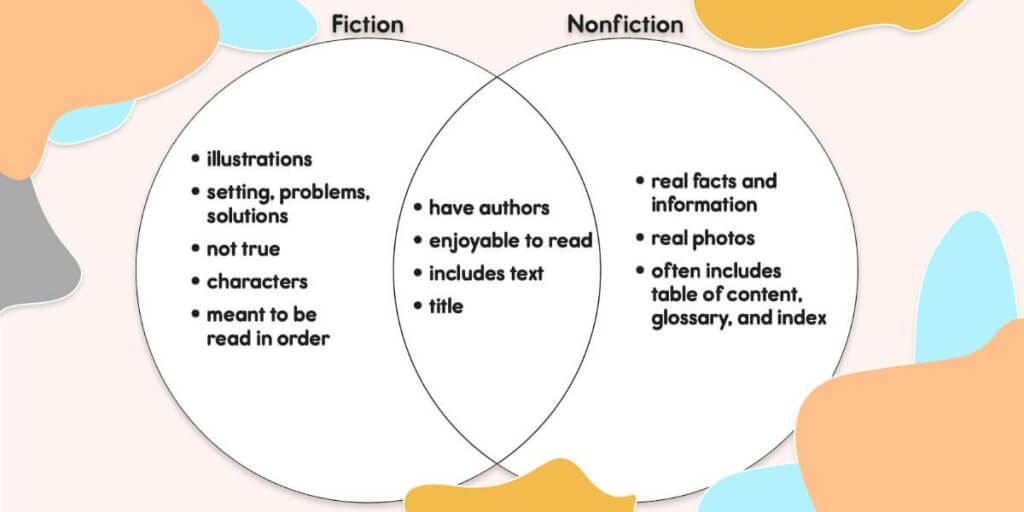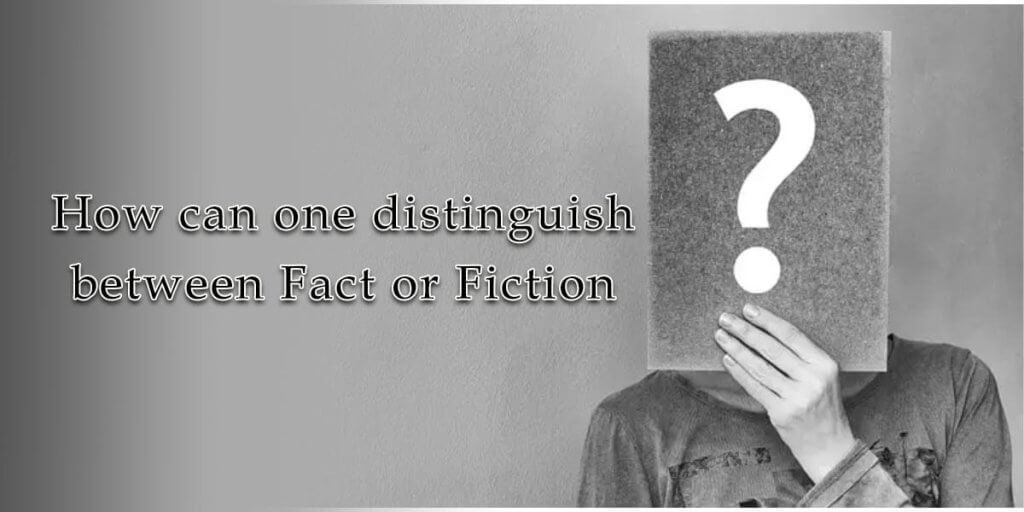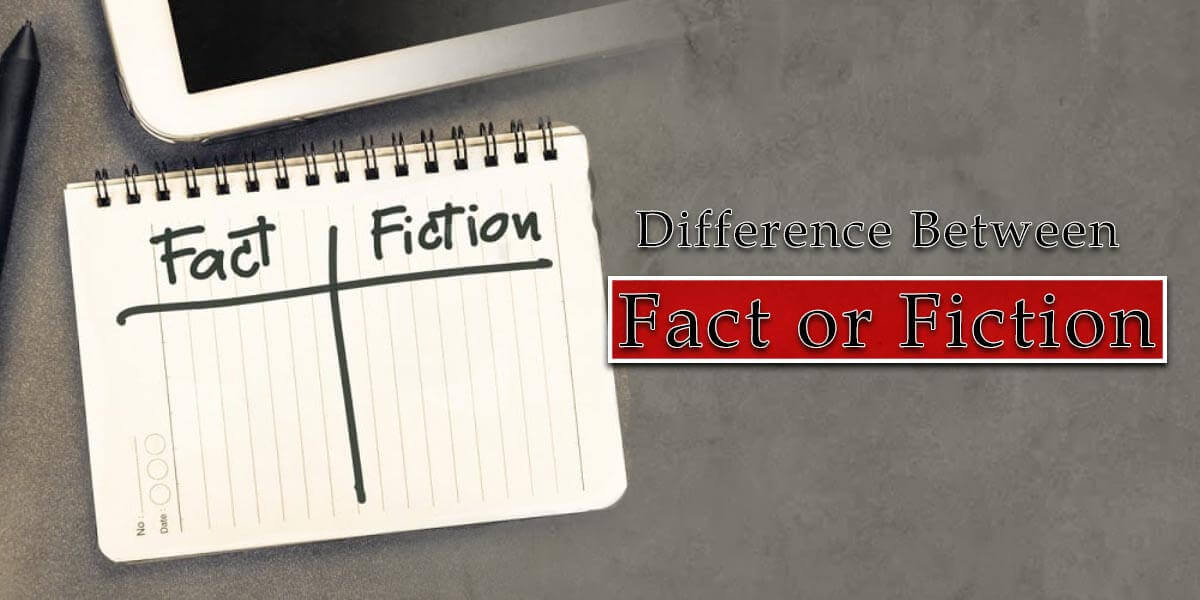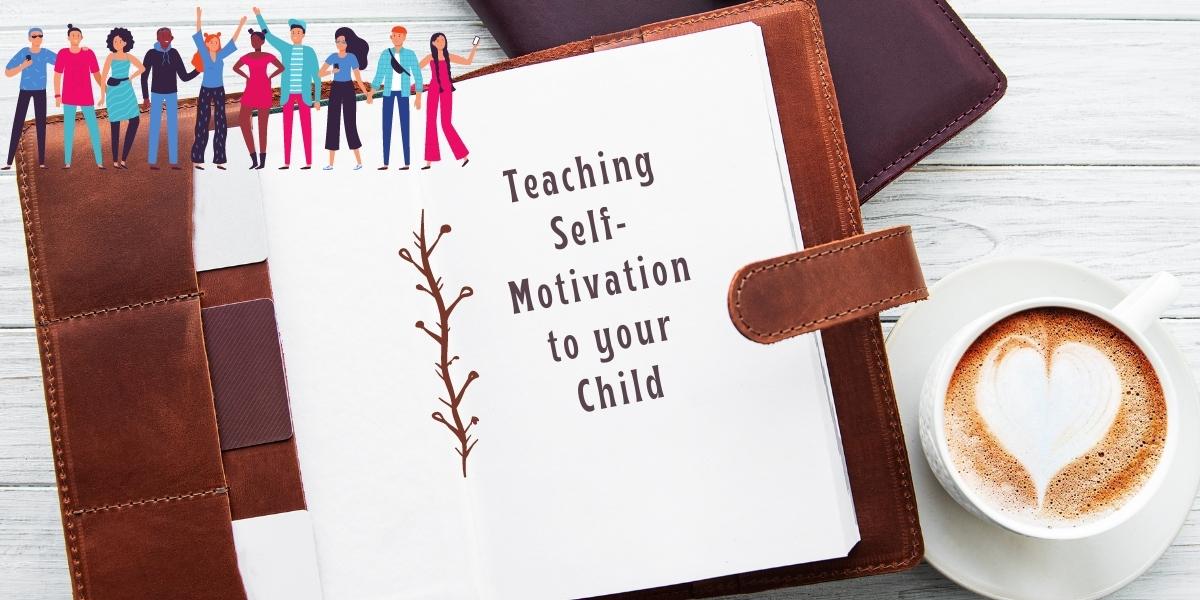One should be able to distinguish between the two meanings independently, as it is clear that Fact or Fiction have pretty different meanings. Furthermore, it is true that the meanings of the two terms “fact” and “fiction” differ significantly from one another. Fiction is an imagined event, while fact is a real-life occurrence. Stated differently, everything that is true can be considered a fact. However, anything that is inventive and fantastic qualifies as Fiction. Fiction is what makes books and short tales what they are.
Fact: What Is It?
In actuality, the Latin factum is where the term fact originates. It refers to a happening or an occasion. This demonstrates how fact is founded on truth. Fiction is not Fiction; fact is an actual event. It’s critical to understand that facts cannot be made. A fact is something you can perceive or experience.
For this reason, a writer’s account of their own life is referred to as an autobiography. It is an account of one’s perception or experience of oneself. Conversely, an autobiography needs to be written. The intellect has nothing to do with fact. It is an existing phenomenon or event. For instance, the Sun rising in the east is an experienced and observed phenomenon unrelated to mental processes. Furthermore, the term fact appears in several sentences. As an illustration, consider data and facts, a reality of life, etc.
Describing Fiction
However, the Latin term fiction is where the word Fiction originates. It refers to something formed or pretended. The definition of feigning is to imagine. This demonstrates how the basis of Fiction is imagination. To put it another way, Fiction is an artistic production.
Contrary to popular belief, only poets and novelists can create Fiction. It is not something that can be felt or seen. Fiction, in contrast to actuality, is entirely mental. The author’s or poet’s inventiveness gives birth to Fiction. The mental ability that allows a poet or writer to choose the ideal word or sense to use when constructing a poem or novel is called creativity. Many believe that creativity is a gift from God.
Veracity
A fact is an accurate piece of knowledge. Ideally, it had to have been independently confirmed. Usually, multiple scientists have conducted experiments to verify a scientific truth. An archeological study or several historical sources may have been used to verify a historical fact. Occasionally, something thought to be true turns out not to be. Even if something turns out to be untrue later on, it is considered factual as long as it is accepted as accurate.
Fiction is not meant to be believed to be accurate. It is an imaginative work of Fiction that might describe imaginary people, places, and events. While Fiction is invented rather than discovered, it can frequently be realistic and contain factual knowledge. Although it might take time to become apparent to their audience, the author knows their story is entirely original. Non-fiction, or fact-based literature, films, and other media is the antithesis of Fiction.
Typical Forms

An academic publication or a scientific report can convey factual information. It can also be found in non-fiction works like history, biographies, textbooks, encyclopedias, and documentaries on films, as well as newspaper and magazine articles. Fiction frequently takes on formats intended primarily for entertainment. Fiction includes plays, novels, poems, television shows, and movies.
Both Fact or Fiction can be discussed in casual conversations. Individuals can share knowledge, communicate fascinating things they have learned with one another, or make factual comments. On the other hand, jokes and stories can also be told, and kids frequently play pretend or make-up games.
Mixtures of Fact or Fiction
Fact or Fiction are frequently blended. For example, a factual narrative may be given certain fictional aspects to add intrigue. Biographies can include brief quotes from apparently held conversations years before the material was published. Based on their recollections of earlier conversations or their presumptions about what was said, the author created this fictional dialogue.
Facts can also be used in fictional creations. For instance, historical Fiction may employ historical details to establish a realistic backdrop for their work of Fiction. Some results of historical Fiction may even include genuine characters or events. Even if the characters in practical literature are the author’s creations, they can nevertheless seem almost true. One of the types of Fiction that is easiest to identify as such is fantasy fiction, which creates whole imaginary worlds.
It can be quite challenging to distinguish reality from fantasy in some situations. For example, the goal of many fiction books is to persuade the reader that they are genuine stories. Early novels, sometimes referred to as history or biographies, frequently have this. Similar strategies can be used in contemporary books as well; in some contentious instances, writers have even passed off fictionalized accounts as biographies.
How can one distinguish between Fact or Fiction?

The primary distinction between Fact or Fiction is that the former is an imagined work of art, and the latter is a factual incident. The intellect has nothing to do with fact. It is an existing phenomenon or event. Fiction, on the other hand, is entirely concerned with the mind.
The labels “fiction” and “fact” have different origins as well. The Latin factum is where the word fact originates. However, the Latin term fiction is where the word Fiction originates. While reality is based on truth, Fiction is based on imagination.
Read More: How To Develop Creativity In Planning and Why Do We Need It?
Teaching Students to Distinguish Between Fact or Fiction
There was a time when teaching pupils about Fact or Fiction was easy. It’s a fact if it can be demonstrated. It’s Fiction if you believe or feel that others can agree or disagree with you. The largest state in the union is Alaska. Clearwater ought to flow via our pipes and faucets. One candidate prevailed in the popular vote in the most recent presidential election, but the other won the Electoral College and, thus, the presidency. These are verifiable and provable facts that can be investigated further. It is also true, though, that you will discover sources that dispute most of these examples, given the wealth of information available about them.
Instruct Kids to Be Inquisitive and Reflective
As they say, you have the right to your viewpoint. However, you have no right to your facts. The deluge of false information that permeates social media, websites, and radio waves in today’s round-the-clock news cycle implies otherwise. As such, knowledge can be divisive when people embrace it without examination and transmit it as gospel. It is significantly more effective to teach kids to pursue knowledge with curiosity and thoughtfulness. It can encourage compassion, constructive disagreement, and independence.




